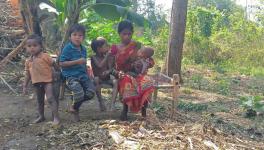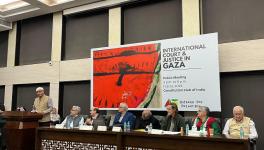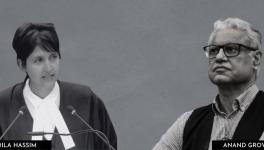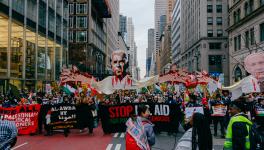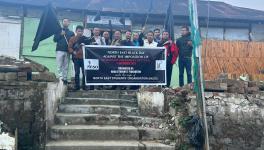Is That How You Reward Science? By Blacklisting Countries? Says Botswana Scientist
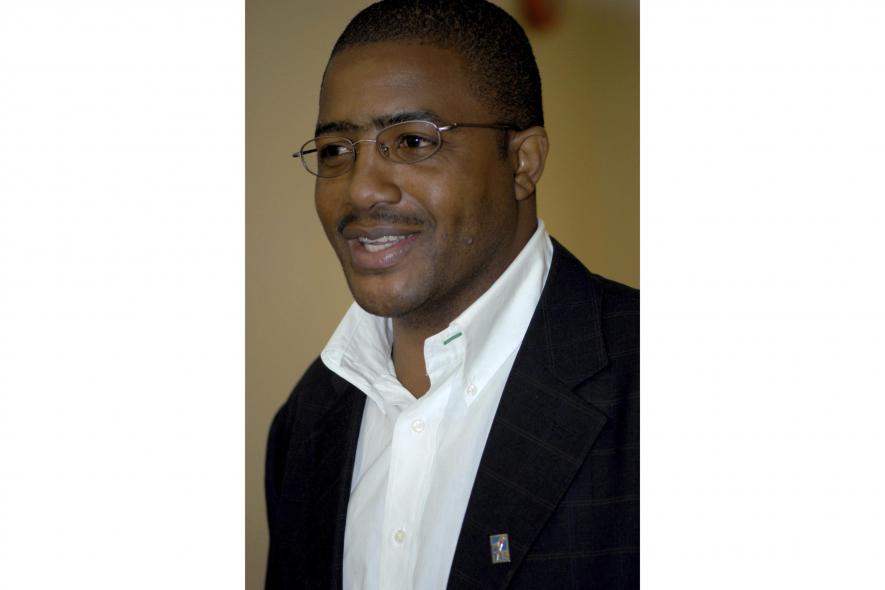
Image Courtesy: AP
Johannesburg: The Botswana scientist who may well have discovered the omicron variant of the coronavirus says he has been on a "rollercoaster of emotions," with the pride of accomplishment followed by dismay over the travel bans immediately slapped on Southern African countries.
"Is that how you reward science? By blacklisting countries?” Dr Sikhulile Moyo, a virologist at the Botswana Harvard AIDS Institute Partnership, said in an interview on Thursday night with The Associated Press.
“The virus does not know passports, it does not know borders,” he added. "We should not do geopolitics about the virus. ... We should be collaborating and understanding.”
Moyo was doing genomic sequencing of COVID-19 samples at his lab in Botswana two weeks ago and noticed three cases that seemed dramatically different, with an unusual pattern showing multiple mutations. He continued studying the results and by early last week, decided to publicly release the data on the internet.
Soon scientists in South Africa said they had made the same findings. And an identical case in Hong Kong was also identified.
A new coronavirus variant had been discovered, and soon the World Health Organisation (WHO) named it omicron. It has now been identified in 38 countries and counting, including much of Western Europe and the United States. And the US and many other nations have imposed flight restrictions to try to contain the emerging threat.
Speaking from his lab in Gaborone, Botswana's capital, Moyo bristled at being described as the man who first identified omicron.
"Scientists should work together and the ‘who first did that' syndrome should go. We should all be able to be proud that we all contributed in one way or the other,” said the 48-year-old scientist.
In fact, he noted that the variant was found to be something entirely new only by comparing it to other viruses online in a public database shared by scientists.
"The only way you can really see that you see something new is when you compare with millions of sequences. That's why you deposit it online,” he said.
The Zimbabwe-born Moyo — who is also a research associate at Harvard's school of public health, a married father of three, and a gospel singer — expressed pride in the way he and his international colleagues were transparent about their findings and sounded the alarm to the rest of the world.
“We're excited that we probably gave a warning signal that may have averted many deaths and many infections," he said.
Omicron startled scientists because it had more than 50 mutations.
“It is a big jump in the evolution of the virus and has many more mutations that we expected,” said Tulio de Oliveira, director of the Center for Epidemic Response and Innovation in South Africa, who taught Moyo when he was earning his PhD in virology from South Africa's Stellenbosch University.
Little is known about the variant, and the world is watching nervously. It's not clear if it makes people more seriously ill or can evade the vaccine. But early evidence suggests it might be more contagious and more efficient at re-infecting people who have had a bout with COVID-19.
In the coming weeks, labs around the world will be working to find out what to expect from omicron and just how dangerous it is.
"What is important is collaboration and contribution,” Moyo said. “I think we should value that kind of collaboration because it will generate great science and great contributions. We need each other, and that's the most important."
South Africa is seeing a dramatic surge in infections that may be driven by omicron. The country reported more than 16,000 new COVID-19 cases Friday, up from about 200 per day in mid-November.
The number of omicron cases confirmed by genetic sequencing in Botswana has grown to 19, while South Africa has recorded more than 200. So far, most of the cases are in people who did not get vaccinated.
"I have a lot of hope from the data that we see, that those vaccinated should be able to have a lot of protection," Moyo said. "We should try to encourage as many people to get vaccinated as possible."
Moyo warned that the world “must go to a mirror and look at themselves” and make sure Africa's 1.3 billion people are not left behind in the vaccination drive.
He credited earlier research and investment into fighting HIV and AIDS with building Botswana's capacity for doing genetic sequencing. That made it easier for researchers to switch to working on the coronavirus, he said.
Amid the COVID-19 crisis, Moyo finds some cause for optimism.
"What gives me hope is that the world is now speaking the same language,” said Moyo, explaining that the pandemic has seen a new global commitment to scientific research and surveillance.
He added that the pandemic has also been a wake-up call for Africa.
"I think our policymakers have realised the importance of science, the importance of research," Moyo said. "I think COVID has magnified, has made us realise that we need to focus on things that are important and invest in our health systems, invest in our primary health care."
He added: "I think it's a great lesson for humanity."
Get the latest reports & analysis with people's perspective on Protests, movements & deep analytical videos, discussions of the current affairs in your Telegram app. Subscribe to NewsClick's Telegram channel & get Real-Time updates on stories, as they get published on our website.













